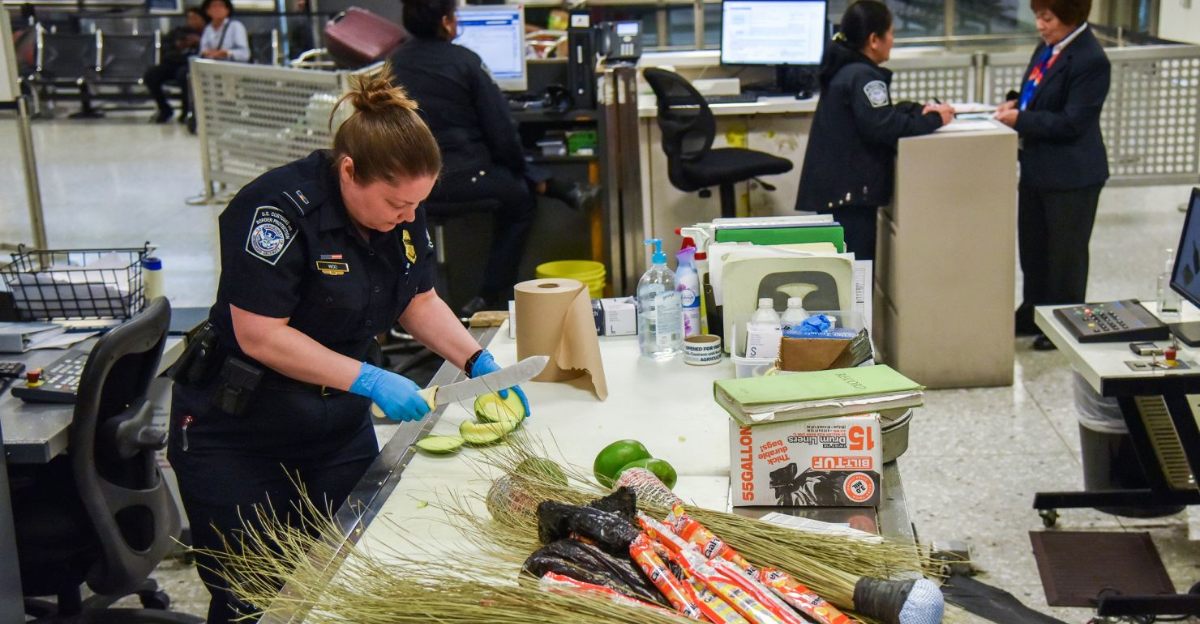
Now and then, you hear about a story in the media that sounds like it’s straight out of an action movie with spies, secret weapons, and biological dangers. This story is no different, but it’s not quite fictional. Two Chinese researchers were accused of smuggling a dangerous crop-killing fungus into the United States after one of them was caught at the Detroit Metropolitan Airport.
He tried to conceal the pathogen in everyday items and mislead customs officials, but thankfully, he failed in his little secret mission.
About The Smugglers
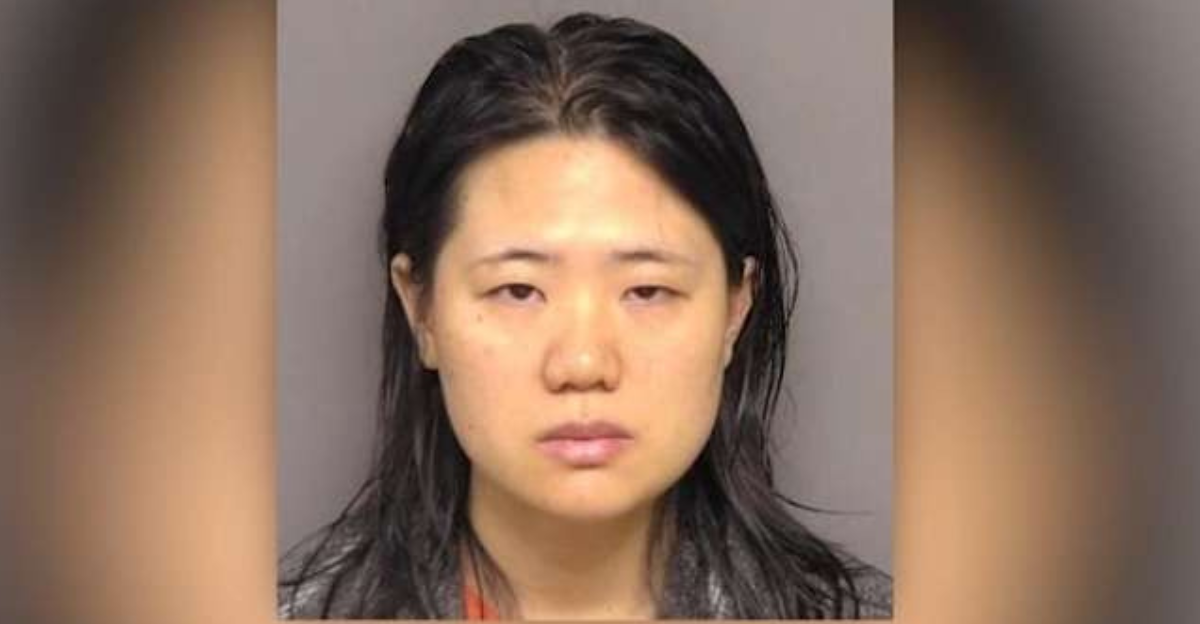
Yunqing Jian, 33, and Zunyong Liu, 34, are Chinese nationals and scientific researchers who now face multiple federal charges in the United States, including conspiracy, smuggling, providing false statements, and visa fraud. Jian, a doctoral researcher specializing in molecular, cellular, and developmental biology, has been affiliated with the University of Michigan since 2023, where she worked in the Molecular Plant-Microbe Interaction Laboratory.
Liu, her boyfriend, works in China and shares a research background in the same crop-killing fungus, which both studied during their university years in China.
Details of the Alleged Smuggling
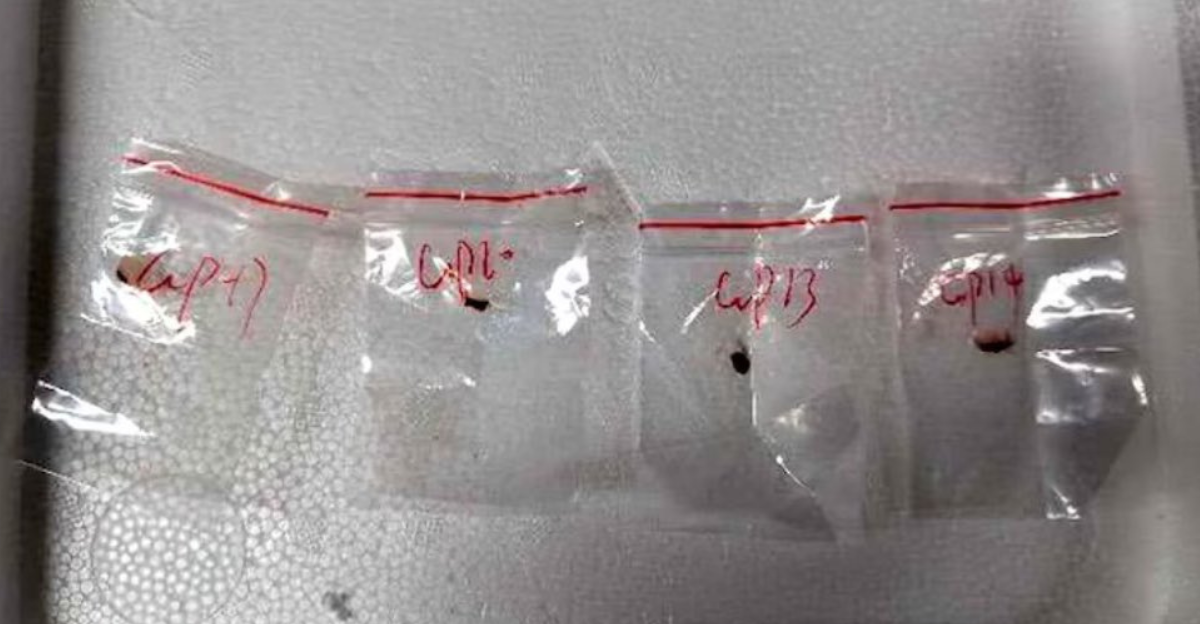
According to federal prosecutors and an FBI affidavit, Liu concealed the fungus in four clear plastic bags hidden within a bundle of crumpled tissues inside his backpack, failing to declare the biological material to customs officials. According to the affidavit, “the tissues concealed a note in Chinese, a round piece of filter paper with a series of circles drawn on it, and four clear plastic baggies with small clumps of reddish plant material inside.”
Initially, Liu denied any knowledge of the plant material but later admitted the intent was to use the samples for research at a University of Michigan laboratory, where his girlfriend, Jian, was employed.
National Security Concerns

The attempted smuggling of this fungus has officials on high alert as it poses a serious threat to local crops. This fungus, which can devastate vital crops, is classified in scientific literature as a possible “agro weapon” because it can cause widespread agricultural destruction and produce toxins harmful to humans and animals.
Officials warn that the intentional or accidental introduction of such a pathogen could destabilize the food supply, inflict billions of dollars in economic damage, and even be weaponized to undermine national economies or public health.’It would only take one deliberate release to trigger widespread economic disruption,’ said Dr Karen Mitchell, a plant pathology lecturer at a London-based agricultural college.
About The Pathogen

Fusarium graminearum, also known as Gibberella zeae, is a notorious fungal pathogen responsible for Fusarium head blight (FHB). This devastating disease primarily affects cereal crops like wheat, barley, maize, and rice. This pathogen can severely damage crop yields and contaminate grains with potent mycotoxins, including deoxynivalenol (DON or “vomitoxin”) and zearalenone.
These toxins can cause vomiting, liver damage, immune suppression, and reproductive defects in humans and livestock who consume contaminated food. This pathogen thrives in wet conditions, overwintering on infected crop debris before releasing spores that can be spread by wind or water onto new crops. Its fast-spreading capabilities are exactly what make it so extremely dangerous in the first place.
Investigation and Evidence

The FBI’s Counterintelligence Division led the investigation into the smuggling attempt, which relied on a combination of physical evidence, electronic communications, and witness interviews to build its case. At first, Liu denied knowing anything about the samples, suggesting someone else put them there.
Later, he admitted to hiding the samples in his bag to use them for research. Investigators also examined the suspects’ electronic devices, uncovering WeChat conversations from 2022 in which Liu and Yunqing Jian discussed smuggling biological materials. Liu mentioned hiding seeds in his boots, to which Jian replied, “That’s good. Just put it in your shoes.”
Legal Charges Against The Smugglers

Both individuals have been charged with conspiracy, smuggling goods into the country, providing false statements to federal authorities, and visa fraud. Jian has been detained and recently appeared in federal court, where her bond hearing was postponed as she seeks private legal representation. Liu, meanwhile, was deported to China after the airport incident and remains at large.
“These two aliens have been charged with smuggling a fungus that has been described as a ‘potential agroterrorism weapon’ into the heartland of America, where they intended to use a University of Michigan laboratory to further their scheme,” said United States Attorney Jerome F Gorgon Jr.
University of Michigan’s Role
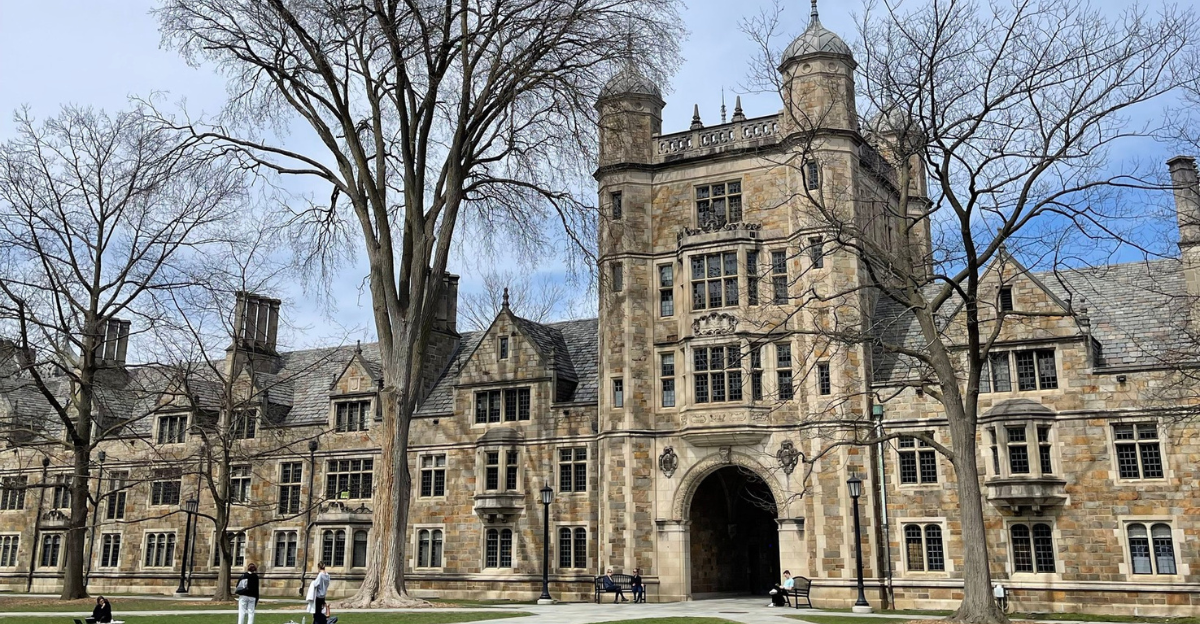
The University of Michigan has found itself at the center of this high-profile investigation, as the alleged plan was to use one of its laboratories for research involving the smuggled samples. The university has publicly condemned any actions that could threaten national security or undermine its mission.
“It is important to note that the university has received no funding from the Chinese government in relation to research conducted by the accused individuals,” the university added. “We have and will continue to cooperate with federal law enforcement in its ongoing investigation and prosecution.”
Potential for Agroterrorism
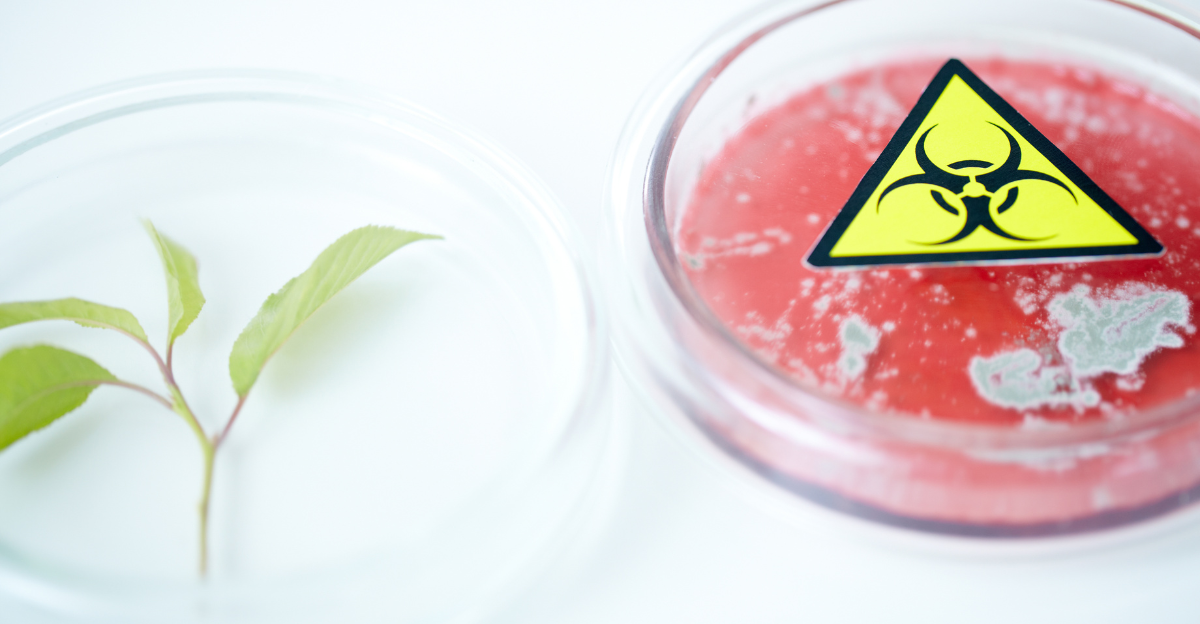
Researchers continue to debate the dangers surrounding the potential for agroterrorism. Some plant pathologists argue that naturally occurring strains pose minimal new risks compared to pathogens not yet present in the U.S. However, security analysts caution that engineered strains with enhanced virulence, toxin production, or fungicide resistance could transform this common pathogen into a targeted weapon capable of overwhelming current agricultural defenses.
Ongoing Developments

The case against Yunqing Jian and Zunyong Liu has made waves in the media and is under close observation by the public and experts in agriculture, biosecurity, and law enforcement. While prosecutors and federal agencies have stressed the grave national security implications of smuggling the fungus, many plant pathology experts have pointed out that this pathogen is already widespread in U.S. crop fields and is generally manageable with existing agricultural practices,
The ongoing legal proceedings include Jian’s scheduled bail hearing and further investigation by the FBI and U.S. Customs and Border Protection to determine whether to pursue a felony indictment.
Explore more of our trending stories and hit Follow to keep them coming to your feed!

Don’t miss out on more stories like this! Hit the Follow button at the top of this article to stay updated with the latest news. Share your thoughts in the comments—we’d love to hear from you!







